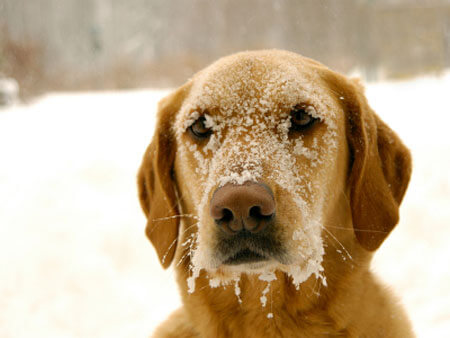 Feline herpes is also known as feline viral rhinotracheitis or FVR for short. The upper respiratory tract is affected by this illness. Caused by the feline herpes virus type 1 (FHV-1), it can affect a cat of any age or breed.
Feline herpes is also known as feline viral rhinotracheitis or FVR for short. The upper respiratory tract is affected by this illness. Caused by the feline herpes virus type 1 (FHV-1), it can affect a cat of any age or breed.
Transmission
Cats infected with this virus shed it in secretions from their mouth, nose, and eyes. These secretions will infect cats who come into contact with them. Cats that come into contact with contaminated food dishes and litter boxes are also at risk. Owners can also harbor the virus on their clothes and hands.
There are also felines who are particularly prone to this type of infection. Those who live in poorly cleaned or ventilated conditions are at risk. Kittens and cats around plenty of other cats are also susceptible. Cats are also at risk when they’re sick from some other diseaes and have a weakened immune system.
Symptoms
As you should already know by now, the upper respiratory tract is affected by this illness. Some of the most common signs include nasal discharge, sneezing, and nasal inflammation. Cats with this condition also routinely develop pink eye, or conjunctivitis. Complications during pregnancy is also a side effect of the herpes virus since it affects the reproductive tract too.
Diagnosis
This virus is pretty simple to diagnose in cats. Your cat’s nasal and eye secretions can be tested in a lab for the virus. The virus can be detected using various tests.
Treatment
Treatment of feline herpes virus mainly consists of supportive care since there is no cure. You will need to ensure that your cat eats and drinks. You will also need to clean any discharge from the eyes and nose. Cats that develop eye inflammation may be given eye drops.
It is also beneficial to minimize the amount of stress that your cat endures while he’s sick. If secondary infections occur, your cat may need to take antibiotics.
Prevention
You should be aware that after a bout with this disease, most cats become latent carriers. Latent carriers show no sign of disease although they are still capable of spreading it via their bodily secretions. Cats can be protected from thsi virus through vaccination.
